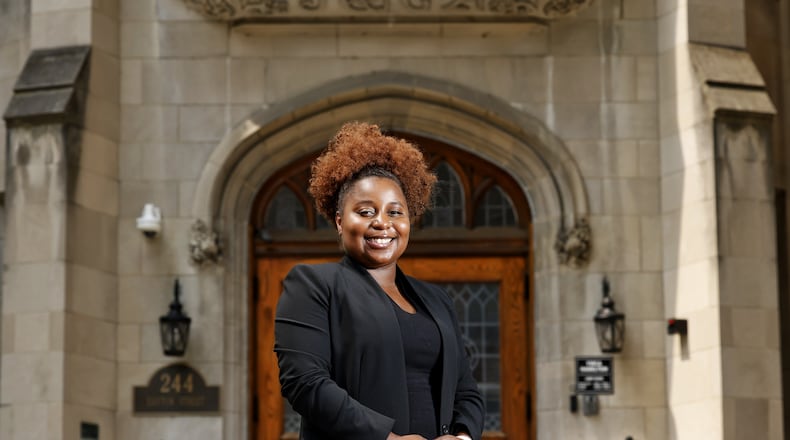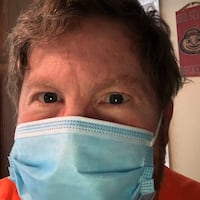“I would say overwhelmingly, it’s been very enthusiastic of a response to now see that there’s someone in the area with this title, and that’s committed to the work,” she said. “I definitely have met a lot of allies already in the past few weeks of people who are excited and ready to help support whatever initiatives, whatever strategic plan we develop.”
YWCA Hamilton’s two major focus points in its mission are eliminating racism and empowering women.
Hale noted Hamilton has native indigenous people, Pacific islanders, and large Hispanic and Black communities, among other minorities
“So, how do we get all of those groups engaged, active, and feeling fully at home in the city of Hamilton, is really my dream and my goal,” she said.”
The Rev. Michael Reeves, chapter president of NAACP Unit 3186, which includes the Hamilton, Fairfield and West Chester Twp., was pleased with the YWCA’s creation of Hale’s post.
“I think it’s a good start,” Reeves said. “There’s always a starting point to everything, and I think the temperature of racism right now is at a high.
“I don’t think people really know what to do to combat it, because we haven’t seen it at this level in such a long time, because it’s been hidden. And now with it being so out-in-the-open, somebody has to step up and do something. We all have to step up and do something.”
Two of the biggest barriers Hale sees locally for people of color are housing and working in quality careers, she said.
“Being able to own a home is so crucial to that next step of generating wealth, and success, and creating that generational wealth,” she said. “Increasing home-ownership amongst communities of communities of color, as well as really quality careers. So workforce development. Being able to get more businesses that are owned by people of color in Hamilton, so you have families that want to own a home here, and have their kids here, and their grandkids here, and really create a legacy in Hamilton that they’re proud of.”
Hale said she has spent her first weeks “just learning and listening, reaching out to community stakeholders, people who are already really engaged with the work of the YWCA, any leaders in our community who have been crucial to this work previously.”
Previously, Hale was county coordinator for the Butler County Prevention Coalition, which fights drug abuse. After graduating from Xavier University in 2017 with a degree in philosophy, politics and the public, she became a city-government fellow in Hamilton, working in the Planning Department. She later earned her Master’s degree in private interest and public good in 2018.
“I think being able to have a position like this, that’s funded and supported and backed for a really long time due to that gift is going to really help make a change in this work that we want to do around racial justice,” Hale said.
Reeves said for those who aren’t racist, “we need to create a culture of inclusion and diversity, and we have to accept all as they are, not trying to make everybody walk or march to the same drummer — it just doesn’t work.”
“You may be a bricklayer, I may be a frame-builder, but together, we make a house, Reeves said. “And we’ve got to get to a point where we understand that we’re all Americans, and we’re all in this together.”
Reeves said he’d like to see more of what he calls “true diversity,” in which “diversity is actually seen, and not just talked about,” he said. Often, minorities are told, “We’re working on that,” he said. “You don’t work on it. Do it.”
Reece would like to see improved lending by banks to minorities, programs that help minorities afford housing, because, “the bankers know that they can do a lot better.” Also needed are “better jobs, for all,” he said.
About the Author

